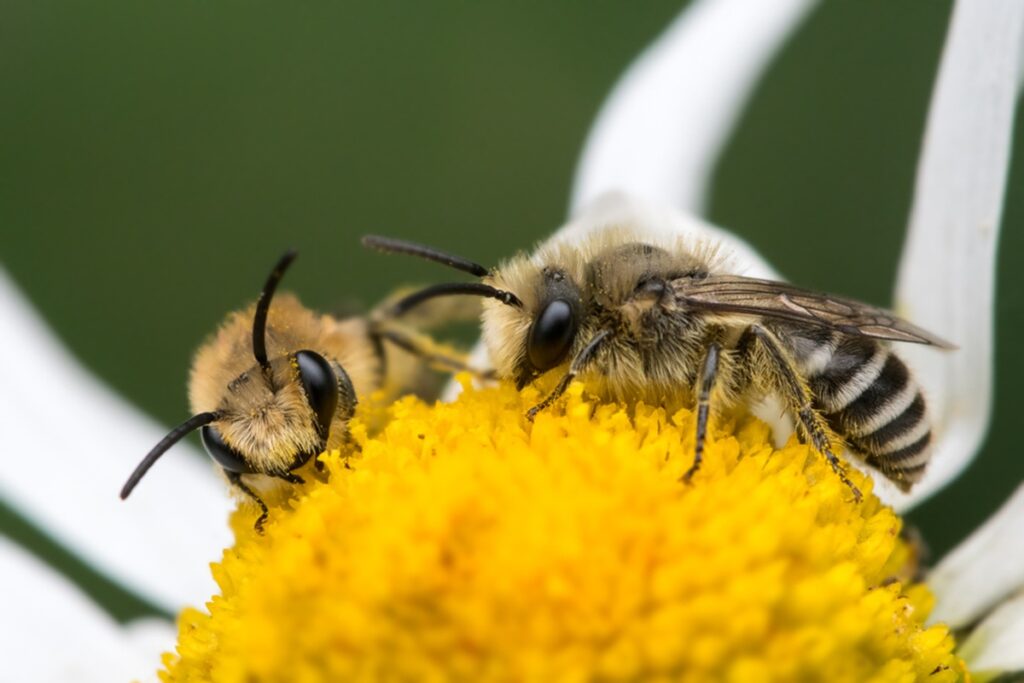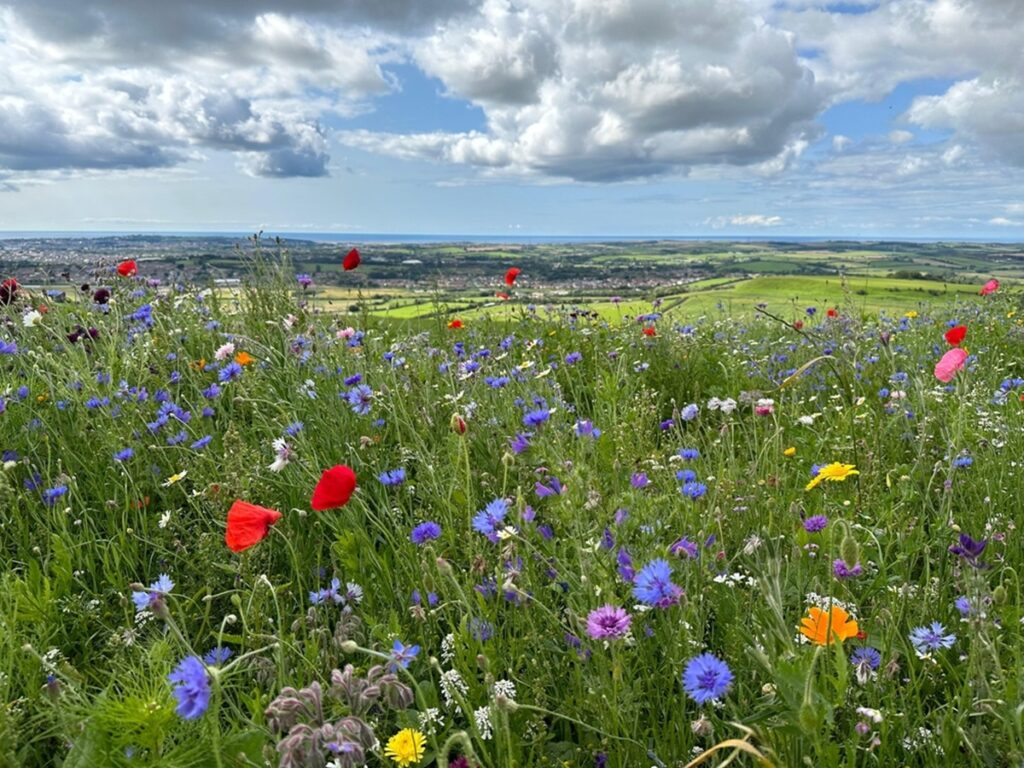Biodiversity Net Gain Derbyshire: Ecology Surveys and BNG Planning
With the introduction of BNG into law through the Environment Act 2021, developers across Derbyshire must now factor ecological improvements into their projects. Since February 2024, most applications for planning permission for new developments in England are required to demonstrate at least a 10% biodiversity net gain, and Derbyshire is no exception.
This means that all building projects in the county, from major developments to smaller sites, must leave the natural environment in a measurably better state than before.
A biodiversity net gain assessment in Derbyshire, east midlands, forms the foundation of this process. It calculates the pre development ecological value of a site and forecasts the value post development, using the government’s statutory Biodiversity Metric. Where a shortfall exists, additional measures must be implemented to ensure compliance with the mandatory 10% target.
Planning Conditions
Local planning authorities in Derbyshire, including Derby City Council and Derbyshire County Council, are embedding BNG into planning conditions, supported by national guidance from Natural England, central government, legislation in the Town and Country Planning Act and the National Planning Policy Framework.
As well as protecting important natural habitats in their areas, councils are keen to adopt biodiversity net gain bng principles for new developments in a bid to combat climate change, air pollution and alleviate extreme weather events.

Ecological Features in Derbyshire
Derbyshire is home to a wide variety of landscapes and habitats, many of which are ecologically sensitive. The county includes large parts of the Peak District National Park, with its moorlands, grasslands, and woodlands supporting a wide range of protected species such as bats, badgers, and breeding birds.
Outside of the uplands, Derbyshire’s lowland rivers, wetlands, hedgerows, and parklands provide natural habitats for great crested newts, otters, water voles, and other important species.
These features mean that any biodiversity net gain plan in Derbyshire must be carefully tailored to avoid harming sensitive sites, while enhancing ecological connectivity and creating opportunities for long-term habitat restoration. Many areas are also subject to local biodiversity action plans and nature recovery strategies, which shape the priorities for developers seeking planning approval.
Preparing a Biodiversity Net Gain Assessment in Derbyshire
The first stage of a bng assessment in Derbyshire is a baseline ecological survey, which must be carried out by a qualified ecological consultant. This involves classifying and mapping the habitats present, assessing their condition, and calculating their biodiversity value under the government’s statutory Biodiversity Metric.
This pre development baseline figure is then compared with the predicted post-development biodiversity value. This can be achieved by assessing the proposed development plans and maps. If the proposals fall short of the required 10% gain, the ecological consultant will recommend biodiversity enhancements such as creating new habitat, protecting priority habitat, native species planting, green infrastructure, land management guidelines or changes to the site layout to ensure compliance and help achieve successful planning applications.
Protected species surveys may also be required alongside the BNG assessment, depending on the site characteristics.

On-Site and Off-Site Biodiversity Net Gain in Derbyshire
Many developers aim to deliver biodiversity net gain within their own site. This could include the creation of wildflower meadows, planting new trees or hedgerows, habitat improvement, restoring woodlands, improved land management practices or incorporating features such as green roofs and wildlife-friendly sustainable drainage systems.
Habitat Banks
Where on-site delivery cannot achieve the full 10% requirement, developers can purchase biodiversity units from off-site habitat banks. Derbyshire is seeing growing provision of these habitat banks to meet planning demand, allowing ecological improvements to be delivered locally. If neither on-site nor off-site delivery of bng is possible, statutory credits may be used, though this is considered a last resort.
Protected Species Surveys in Derbyshire
Because Derbyshire contains such diverse habitats, protected species surveys often run alongside biodiversity net gain assessments. Bats, great crested newts, badgers, otters, water voles, and reptiles are among the species commonly encountered across the county.
These surveys ensure legal compliance and enable developers to align their projects with both the mitigation hierarchy – avoiding harm where possible, minimising unavoidable impacts and compensating by creating or improving habitats – and statutory biodiversity net gain requirements.
The Biodiversity Net Gain Plan
A biodiversity net gain plan in Derbyshire is a detailed document setting out how a development project will meet its 10% net gain target. It includes baseline habitat assessments, habitat creation and enhancement measures, monitoring and land management commitments, and evidence that improvements will be secured for at least 30 years. The completed biodiversity net gain bng plan can be used to accompany planning applications to the relevant local authority.
More extensive bng goals
Local planning authorities in Derbyshire require BNG plans to integrate with wider ecological strategies, ensuring that development contributes positively to long-term conservation goals. Local councils are also aware of the need to preserve natural areas of priority habitat for the benefit of local communities.
Experienced Consultants
Our ecology consultancy provides professional support for biodiversity net gain in Derbyshire, working across the county and UK-wide to deliver BNG assessments and reports. We manage the entire process, from baseline ecological surveys and Biodiversity Metric calculations to long-term management planning and the preparation of detailed biodiversity net gain plans.
We also provide a full range of protected species surveys and ecological assessments required to support applications for planning permission alongside bng to local councils. Our team works on major developments, small sites and schemes for local businesses, developers, landscape architects, planning consultants and private householders, ensuring that projects comply fully with biodiversity net gain legislation and proceed smoothly through the planning system.
Request a Free Quote for a BNG Survey
If your project requires a biodiversity net gain assessment in Derbyshire, contact us today for a free, no-obligation quote. Whether you are planning a small residential development, a commercial scheme, or a large infrastructure project, our experienced ecologists will prepare a clear, compliant biodiversity net gain plan tailored to your site.
By engaging with our specialists early in the process, you will maximise your chances of securing planning permission while contributing to Derbyshire’s natural environment for the long term.